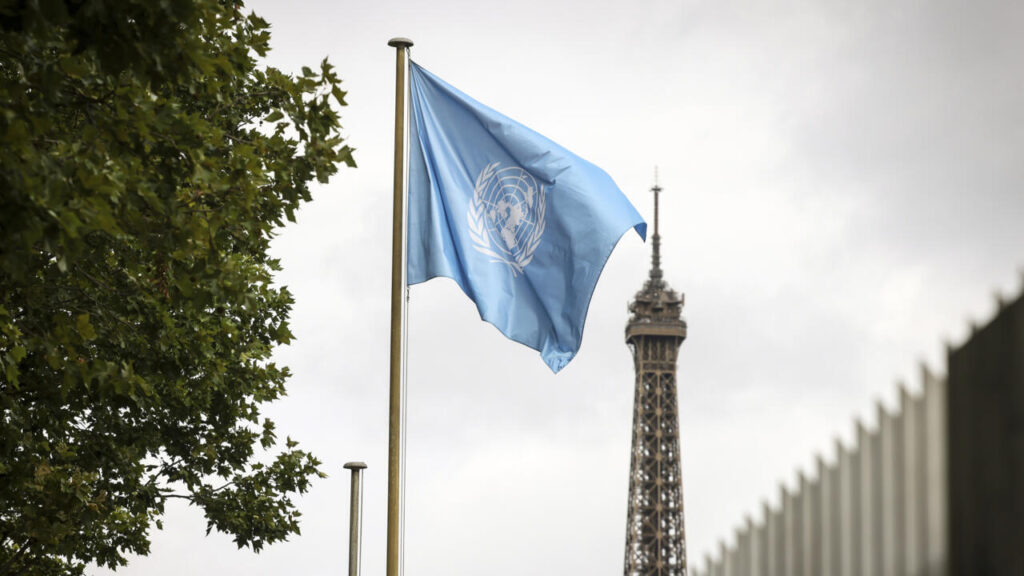
The United States has announced it will leave the United Nations Educational, Scientific and Cultural Organization (UNESCO) by the end of 2026. This will be the third time the US has withdrawn since the 1980s. The State Department says this decision responds to concerns over the agency’s support for what it calls” divisive social and cultural causes”. It also objects to UNESCO’s focus on the United Nations Sustainable Development Goals and its decision to admit Palestine as a member. US officials say the organization’s current direction no longer aligns with American priorities and values.
Financial and Program Impact
US contributions once made up around 22 percent of UNESCO’s budget, though reforms and new donors have lowered this to about 8 percent today. Despite that reduction, the withdrawal will impact financial support for many UNESCO projects. Initiatives supported by the US in education, cultural preservation, biosphere conservation, and digital literacy especially in Africa, face uncertainty. Cultural programs such as World Heritage Site designations and teacher exchange programs may also be disrupted as UNESCO prepares to operate without a major historic backer.
A Power Gap and China’s Rise

This exit creates an opportunity for other member countries to increase their influence within UNESCO. China, as a growing contributor, is expected to play a larger role in shaping policies on technology, artificial intelligence, and education. Some European states express concern about maintaining balance and inclusivity among diverse member priorities. China stresses its commitment to UNESCO’s mission of cultural exchange, education, and scientific cooperation. While the US will lose direct influence in decision-making, UNESCO remains an active platform for global dialogue with many stakeholders shaping its agenda.
Strain on Multilateralism and US Image
UNESCO called the US decision a blow to the principles of multilateralism and warned that international trust in cooperation could suffer. UNESCO’s work, whether it be from heritage site preservation to girls’ STEM education, relies on stable partnerships. Developing countries are frustrated as donor support becomes less predictable. The political message the US is sending suggests that global cooperation now comes with more conditions. Repeated US withdrawals risk damaging America’s reputation as a reliable partner in science, education, culture and that perception may last for years.
The Longer Game for US Leadership
Some defend the US withdrawal as a necessary assertion of sovereignty and a financially sound one at that. Yet soft power, built through global cooperation, cannot be fully replaced by military or economic strength. UNESCO can continue without US funding, but America risks losing influence over global norms in culture, education and environmental issues if it keeps pulling back from multilateral forums that allow listening to and working with other countries.
Is stepping back from global institutions a strategy for renewal or a retreat from relevance? Only time will tell.
For more such articles, checkout The World Times.



